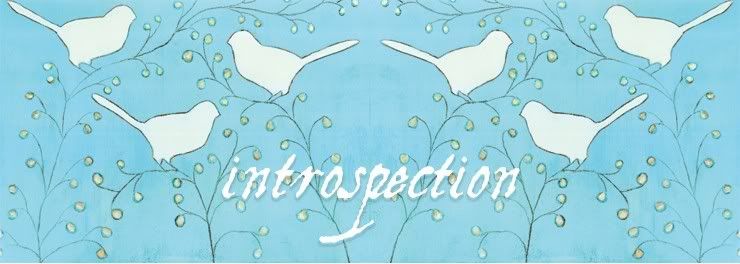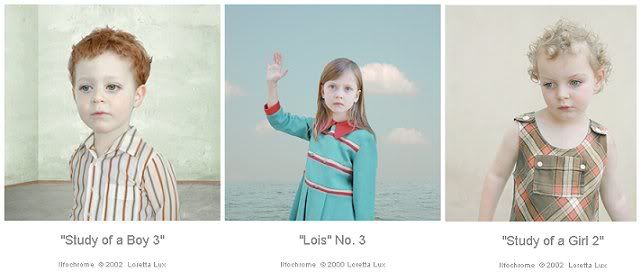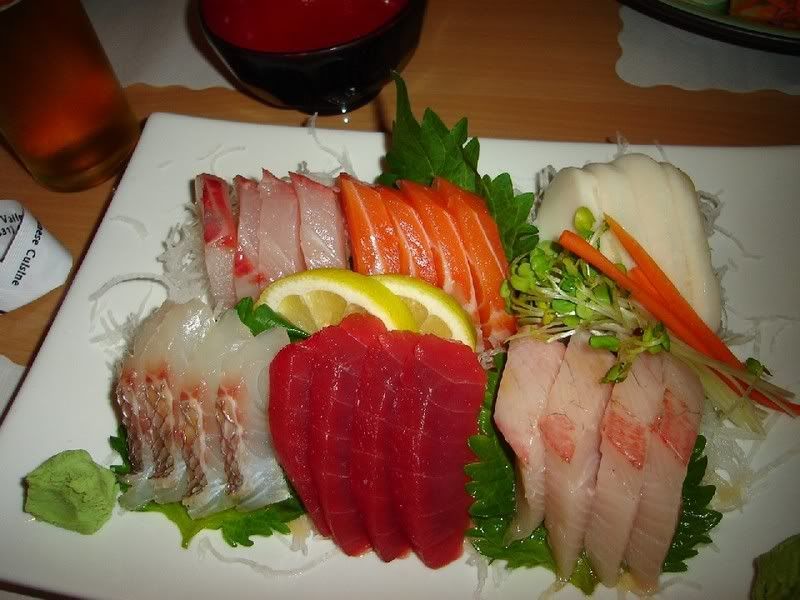Oh Marie! Tragic, beautiful Marie. What a gripping life story you have! Its entanglements, scope and obscuring
libelles would make it a daunting task to film. Yet, Sofia Coppola has done very well in humanising this much maligned queen, and she does so with a unique, feminine grace and vision.
The resulting movie is a bold, innovative one and like Marie, the director attracts both passionate haters and defenders. Because of Coppola's membership in a privileged, film-dynastic family, some critics have gone so far as to dismiss her interpretation as a quasi-autobiographical one, while others have likened it to an extended music video or fluffy coming-of-age teen movie. But while it's true that you wouldn't be able to pass a history test after watching this movie, that's because it was never meant to be a rigid, historical period piece. Besides, you should be studying your textbooks instead of watching movies if you want to pass that test.
What this movie does is to bring us into the beautiful, cocooned world of Versailles, where the outside world has little presence. Each shot is filled with eye candy for the viewers to feast on - exquisite fashion, flamboyant architecture and gorgeous confectioneries flit in and out of the frame against a contemporary soundtrack that makes it all feel refreshingly relatable. Yet, despite its glittering, glamourous surface, the movie is far from being superficial. It succeeds in rising above being a mere poor little rich girl tale by giving Marie Antoinette more dignity than that. Ultimately, it is about a young woman living in a gilded cage of suffocating protocol and restrictions trying to cope in the only way she knows how to. Yes, her life may revolve around the superficial pursuit of temporal pleasure, but she is shown to go about it in a poignant and sympathetic light.
There are some controversial decisions that are worth mentioning: the director's decision to use a multi-national cast and have them keep their accents is a bold one that works out well most of the time, but occasionally I found Kristen Dunst's very, very American twang to be jarring. Man, I can almost swear that some times she sounded like she was playing it up.
Another controversial aspect involves the film's historical inaccuracies. Now, I would be prepared to close one eye to most of them - the wrong champagne glass shape, a ball in a venue that wasn't built at that time, a fourth child of Marie's that was left out, the wrong sister-in-law gives birth and etc. However, her affair with a certain Count Fersen has never been supported by most historians, and I feel that it should have been left out as it gives a significant but misguided impression of the queen. Perhaps Coppola put it in because she wanted to show that Marie wasn't frigid and wanted to experience a greater emotional and sexual intimacy than what her curiously asexual husband could provide.
Oh well. It's just a comment, not a complaint.
Marie Antoinette is a wistful, delightful and personal portrait of the doomed queen of France and her glorious heydays and to borrow the words of
AO Scott, this is a movie that I am perfectly happy to lose my head over.
Watched Tuesday, 15 April














